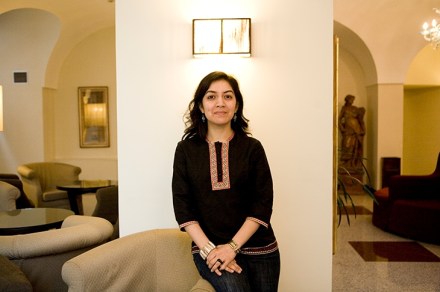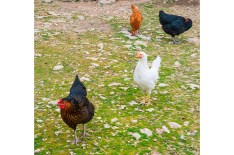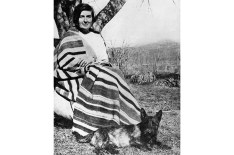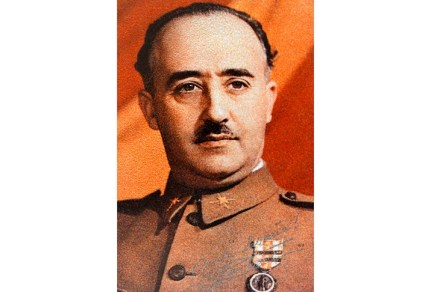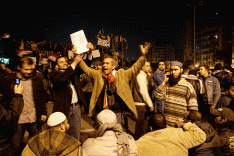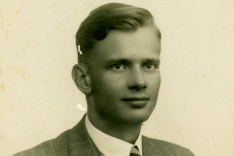Brave new virtual world: The Startup Wife, by Tahmima Anam, reviewed
Welcome to Utopia — not an idyllic arcadia but a secretive tech incubator in a Manhattan office block. Here a computer scientist, Asha Ray, the narrator of The Startup Wife, her charismatic husband Cyrus and best friend Jules are nervously pitching their app platform — Asha’s cutting-edge algorithm aimed at people yearning for ritual without religion. Drawing on dreams, obsessions and secret desires — an Odyssey wedding, Game of Thrones funeral, pharaonic celebration — the app will create micro-communities of users; a virtual parish. Their startup gets the crucial nod, and they join the cool, shiny Utopians who are pursuing projects to support humanity ‘when there’s nothing left’. ‘You’re planning
